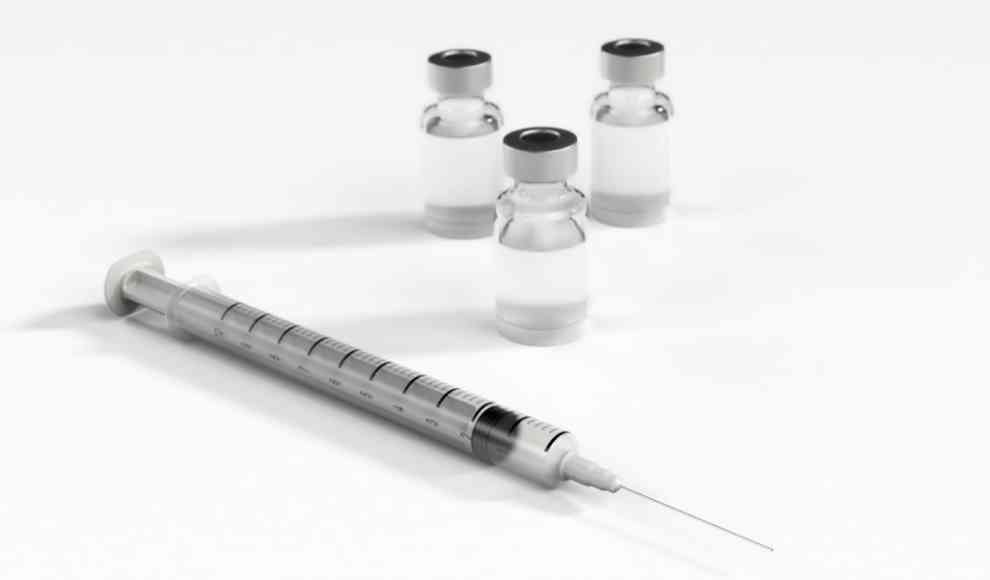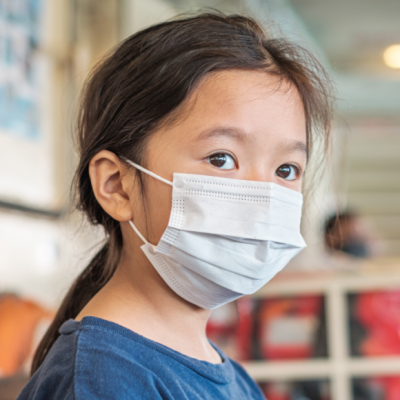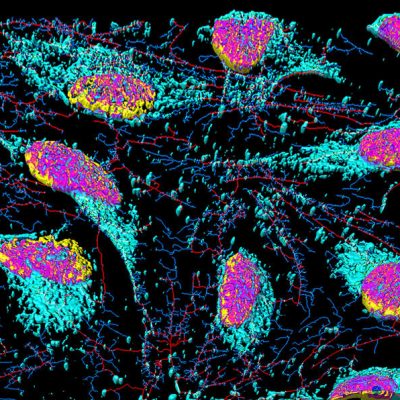A recent study conducted by the Barcelona Institute for Global Health (ISGlobal) has revealed that the willingness to receive a COVID-19 vaccine varies significantly between countries. The study surveyed 13,426 individuals over the age of 18 from countries that were hit hardest by the pandemic in the spring, including Germany. Participants were asked if they would take a COVID-19 vaccine if it was proven safe and effective. The results showed that on average, 71.5% of participants were willing to receive the vaccine. However, there were significant differences between countries, with China having the highest willingness at 88.6%, and Russia having the lowest at 54.9%. Germany fell in the middle with a willingness rate of 68.4%.
The study also found that when asked if they would accept a vaccine recommended by their employer and approved by the government, 31.9% of participants fully agreed, while 29.5% were partially willing. Interestingly, 9.8% of participants were completely against the idea, even if their employer recommended it. China had the highest agreement rate at 85%, while Russia had the lowest at 27%.
These findings highlight the importance of understanding and addressing the reasons behind vaccine hesitancy in different countries. Experts suggest that factors such as trust in government and healthcare systems, access to accurate information, and cultural beliefs may play a role in shaping attitudes towards vaccines. As the world races to develop a COVID-19 vaccine, it is crucial to ensure that it is not only safe and effective but also widely accepted and accessible to all.
In conclusion, the study conducted by ISGlobal sheds light on the varying levels of willingness to receive a COVID-19 vaccine across different countries. While the majority of participants were willing to receive the vaccine, there were significant differences between countries, with China having the highest willingness and Russia having the lowest. These findings emphasize the need for targeted efforts to address vaccine hesitancy and ensure that a COVID-19 vaccine is widely accepted and accessible.










